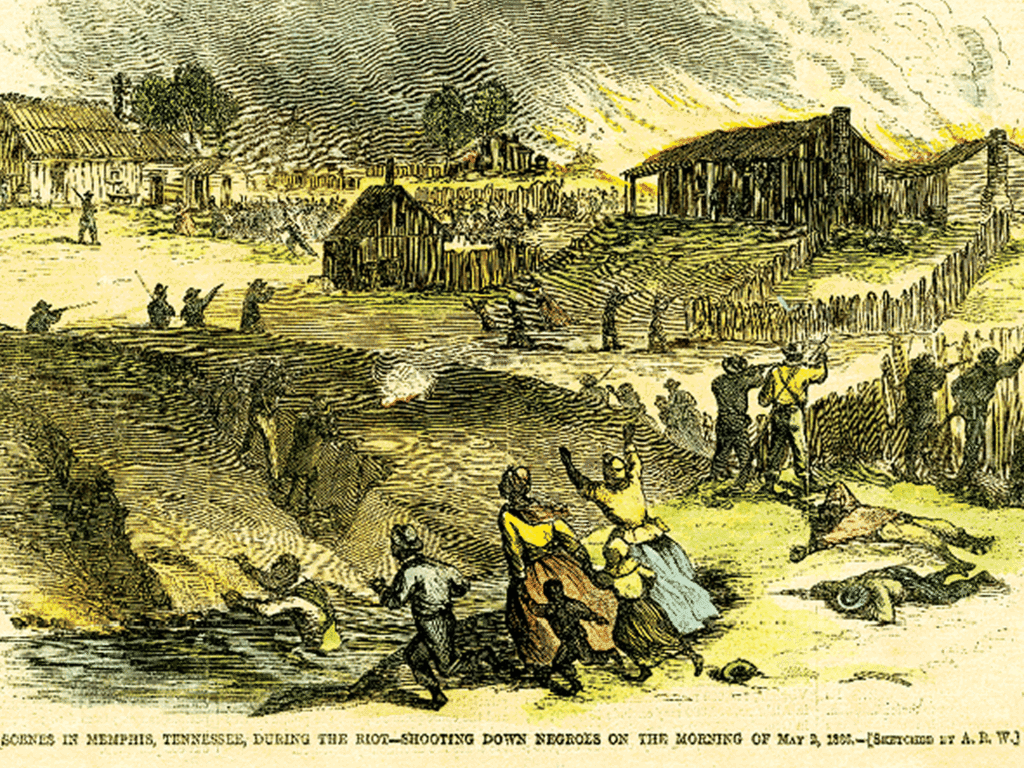In May 1866, a year after the Civil War ended, recently freed African Americans living in Memphis endured a three-day wave of terror, rape, arson, theft, and murder. It was the first large-scale racial massacre to erupt in the post-Civil War South, impacting subsequent federal policies and constitutional law.
“Yet despite the historical importance of the Memphis Massacre, and indeed, the importance of Reconstruction’s history to our national identity, it is an almost wholly untold story: devoid of the plethora of monuments, museums, and battlefield parks that make the Civil War one of the most familiar features on our historical landscape,” according to the University of Memphis’ “Memories of a Massacre: Memphis in 1866” symposium website. Historians Susan O’Donovan and Beverly Bond are the project directors and have been working to call attention the 1866 events.
Public discussions already have started to talk place including a March 17th lecture on the Rhodes campus by historian Dr. Stephen V. Ash. He is author of A Massacre in Memphis and says in an interview with Commercial Appeal reporter John Beifuss, “Sometimes our history can make us feel good, but sometimes it can make us feel bad . . . It’s important to understand these events as well because these were important in shaping our national experience and the America we live in today.”
As a sequel to Ash’s lecture, historian Timothy Huebner of Rhodes will present “A Massacre in Memphis: The Bloody Race Riot of 1866” at the Benjamin L. Hooks Central Library on March 22.
Other partners planning events to reflect on the historic importance of the Memphis Massacre include the National Parks Service, LeMoyne-Owen College, the Memphis chapters of the NAACP and ASALH, the Marcus W. Orr Center for the Humanities, the Benjamin L. Hooks Institute, Humanities Tennessee, Orange Mound Cultural Center, the University of Memphis Libraries, and other interested citizens.
